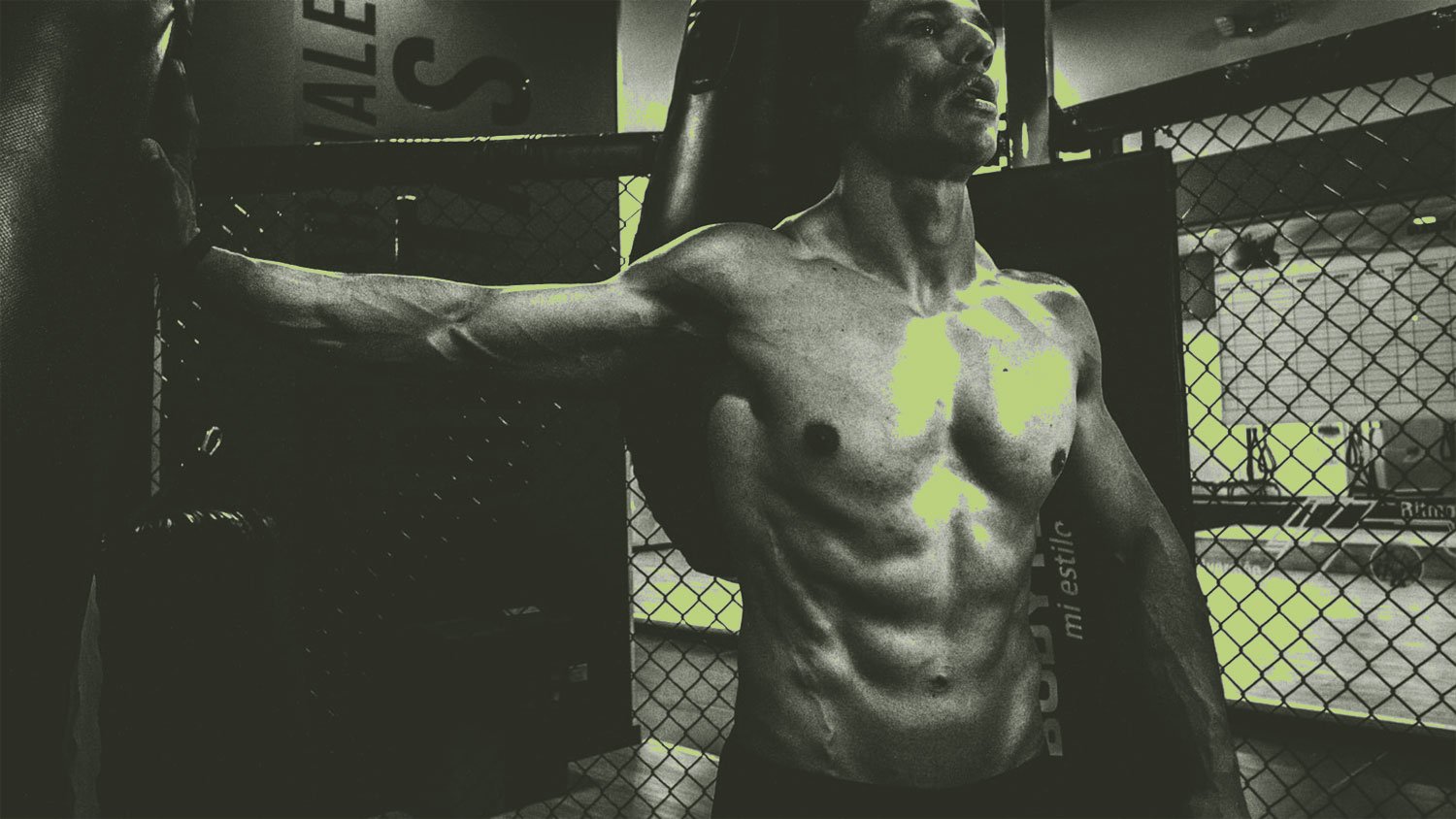In the sports world, the path to success is often paved with daily doses of aches and pains. Sadly, many athletes give up on the sport that they love due to injuries and the sleeping difficulties that they cause.
Some athletes turn to opioids and benzodiazepines to ease the pain, which can cause bodily harm and poses the risk of serious addiction. Others turn to marijuana as a way to suppress aches and pains, but find it difficult to use because it's banned by most organizations and leagues in the sports world.
This is where or CBD comes in. CBD, short for cannabidiol, is one of the 100+ identified compounds in cannabis plants called cannabinoids. Unlike other cannabinoids — such as THC — CBD does not produce a euphoric "high" or psychoactive effect.
The human body possesses an endocannabinoid system that works in conjunction with the nervous system to produce and respond to cannabinoids in a number of ways. CBD is able to bind to cannabinoid receptors in the nervous system and inhibit the brain's response to certain neurotransmitters. It can be useful in the treatment of epilepsy, for instance, because it lowers the brain's supply of the neurotransmitter glutamate.
When you stress your body as an athlete, it can cause pain and inflammation far greater than what the endocannabinoid system alone can suppress. When you supply the body with exogenous cannabinoids, you help to supplement the endocannabinoid system and bring the pain under control.
If you're considering using CBD to help your body cope with your athletic lifestyle, here are a few of the benefits:
1. CBD can help with pain relief
Many studies have shown that cannabis is effective at soothing the musculoskeletal pain that comes from the exertion of exercise. While there is very little research-based evidence yet to show that the CBD component of cannabis is effective in fighting pain, there is considerable anecdotal evidence in existence to show that it works. Considering that conventional over-the-counter NSAIDs such as ibuprofen are no longer considered safe for renal health, especially for those involved in grueling sports such as marathon running, the alternative that CBD represents is invaluable.
2. CBD can help reduce inflammation
To a degree, inflammation helps stimulate muscle growth. Excessive inflammation, however, can get in the way of recovery and performance. When you use CBD products, they bind to the receptors of the endocannabinoid system to produce an anti-inflammatory effect. CBD then can help with the tissue inflammation that comes from working out.
3. CBD can be good for the digestive health
Gastrointestinal distress is one of the foremost reasons why long-distance runners drop out of races. While CBD doesn't help with dehydration, problems related to inflammation are easily addressed with use of the substance. Tests on lab rats have shown that CBD is effective against gastrointestinal conditions such as colitis.
4. CBD can help you sleep better
Getting quality sleep is one of the best ways that athletes can improve performance. There is anecdotal evidence to suggest that athletes using CBD fall asleep with greater ease and stay asleep for longer. While scientific understanding of CBD's effects on sleep is still in the early stages, current theories suggest that CBD helps by inhibiting the brain's reuptake of a chemical called adenosine triphosphate. By attaching to the receptors that adenosine binds to, CBD lowers adenosine reuptake. This helps slow down brain activity and helps induce sleep.
Conclusion
While the effects of CBD aren't scientifically proven yet, anecdotal evidence suggests that it can be highly beneficial. As a supplement that is potentially useful for inflammation, pain, and sleeplessness, it can be life-changing for athletes. However, it's important for athletes to remember that while cannabidiol is permitted both in and out of competition, you need to buy a high-quality product to ensure that it isn't contaminated and doesn't contain THC, the psychoactive compound found in the cannabis plant, which is banned in athletics.

